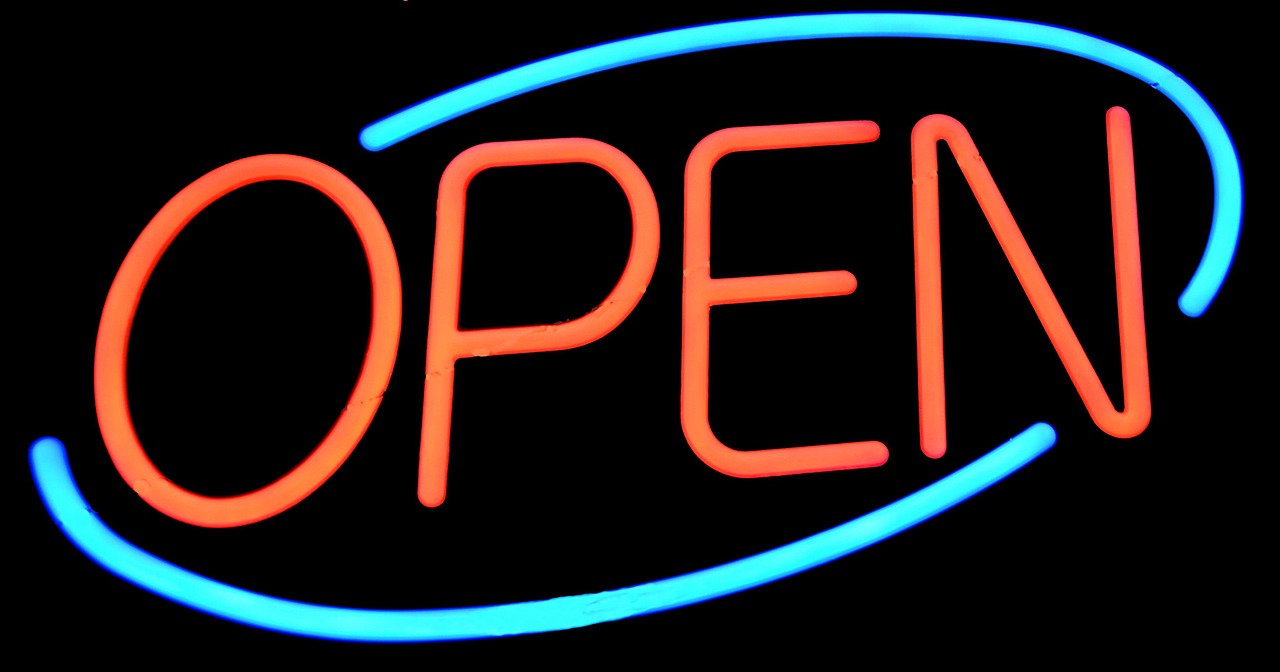As any entrepreneur knows, it’s easy for doubts to build when starting a business. It’s no surprise that having enough capital tops the list of concerns, but there’s optimism to share for those starting their business journey when it comes to limited funding. My company, Kabbage, recently polled 600 successful US small business owners to better understand their cash flow issues and discovered that the old adage, “it takes money to make money” is not always an initial obstacle in the early days of building a business.
Fortune favors the bold
The survey found that most owners of small businesses built long-lasting companies even when facing initial cash flow deficits and short run rates:
Of the respondents surveyed:
- 58% started with less than $25,000 and one-third started with less than $5,000
- 65% of entrepreneurs admit they were not fully confident they had enough money to start their business
- 93% calculated a run rate of shorter than 18 months, of which 25% calculated a run rate of fewer than six months, and 36% didn’t calculate this at all
Yet, all companies in the survey have been successfully in business for an average of nearly 11 years.
Self-confidence drives success
Self-confidence drives the most success for small businesses. Despite the financial uncertainties, entrepreneurs have the grit, self-determination and confidence to jump-start a business in an unfamiliar industry as 41% started a business unrelated to their previous profession. Yet, 82% didn’t doubt they had the right experience to start and run the new company. And like many entrepreneurs pursuing their passion—they made the crazy, risky, brilliant and bold decision to begin.
Admittedly, small business owners indicated they had the least amount of experience in financing and bookkeeping (35%), legal and compliance (29%) and marketing and advertising (28%) when starting their business.
One of the survey respondents, Tony Hernandez, a Kabbage customer and owner of Cienfuegos Cuban Cafe in Simi Valley, Calif., was formerly a media executive in Los Angeles before he took the leap into entrepreneurship.
Although he was confident in the business idea — his sandwiches had gained a following at local farmers’ markets and street festivals — Tony encountered unexpected expenses before the grand opening of his brick-and-mortar location. A state health inspection required the purchase of an industrial floor sink and a new restaurant code required him to install a specific tile for the counters. The unplanned expenses totaled nearly $10,000 and caused a rippling effect in his business.
“The biggest impact wasn’t realized until later because it delayed our final inspection, which pushed back our opening date, meaning we had to incur additional rent and labor costs without a single sale. The true impact might be closer to double the construction costs,” he says.
With access to a line of credit to weather the delay, Tony surpassed his first-year business projections in just eight months after opening. Today, confidence still drives Tony’s success, but he says it must be met with investments.
“After being in business for 1.5 years, our systems and people are in place. We’re confident that our concept will continue to grow as long as we continue to invest time and money on scaling,” he says.
The cost of starting certain companies
The data also showed that while start-up money was lower than anticipated for many, there are some industries that cost more to start a company than others. Based on the initial amount of money spent within the first six months of business, these business owners in these industries noted start-up costs of more than $100,000:
- Restaurants (38%)
- Medical Offices (23%)
- Manufacturing Companies (19%)
Alternatively, these three business types required the least amount of startup capital—$5,000 or less during the first six months:
- Accounting (45%)
- Online retail (44%)
- Construction and landscaping (39%)
Overall the data shows cash flow and run rate uncertainties are all too common among small business owners. While small business ownership may seem daunting, today’s funding options open opportunities to better handle cash flow and smooth those uncertainties. This, coupled with the power of an entrepreneur’s tenacity and self-confidence to succeed, champions their doubts and compels them to start the amazing journey of entrepreneurship.
Rob Frohwein is the CEO and co-founder of Kabbage, a global financial services, cash flow technology and data platform which has helped small businesses access billions of dollars in funding.
If you enjoyed this article, sign up for SmartBrief’s free e-mail from the Mobile Marketing Association, among SmartBrief’s more than 200 industry-focused newsletters.
